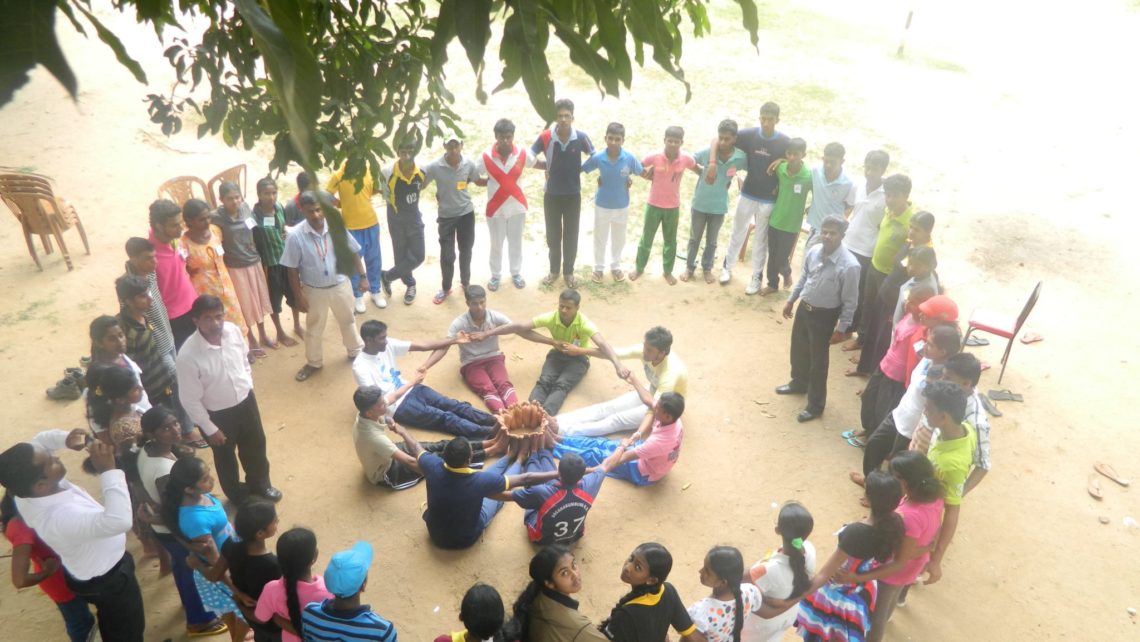Context: Throughout Sri Lanka’s 30-year civil war, youth were frequently the victims and recruits of combatants, which resulted in 60 per cent of internally displaced persons being at or below the age of 30. Consequently, many of Sri Lanka’s youth lack the basic education and/or skill set required to secure gainful employment or open a profitable business.
Implementation: The Foundation for Strengthening Human Skill (FSHS), a Sri Lankan non-governmental organization, established the Start Your Business (SYB) programme to ensure youth receive proper guidance on their chosen career path. Through goal setting, technical training and financial support, SYB gives young students ‐male and female ‐the tools they need to achieve their professional and entrepreneurial goals. For example, students learn the difference between the skills required in the public and private sectors, and/or enroll in training modules that teach the fundamentals of starting a business.
Main Challenges: The principal challenge of implementing SYB is changing traditional views on work and income, such as young graduates preferring to wait for scarce positions in the Government instead of joining the private sector. The main difficulty of encouraging students to find and prepare for gainful employment has been the lack of institutional support. Banks and credit unions have been slow to introduce flexible and low-interest loans, and few institutions offer business counselling beyond the startup phase.
Results: Various public and private Technical and Vocational Education and Training institutions and career guidance centres participate in the SYB module on private and public-sector recruitment, and FSHS has conducted nearly 1,500 training sessions for schools as well as youth clubs and programmes. When it comes to promoting entrepreneurship, FSHS has coordinated with the National Youth Services Council to procure low-interest loans that help young entrepreneurs, including young persons with disabilities, start small-scale businesses in the plantation sector.
Moving Forward: The Sri Lankan Government should orient and expand resources for career guidance centres, so that they complement recent initiatives to improve employability in the private sector and school-to-work transitions of youth, such as free vocational training through the Ministry of Skills Development and Vocational Training. Regarding youth entrepreneurship, the Government should institute policies that ensure young entrepreneurs have access to low – or no-interest – loans, particularly in industries that are vital to Sri Lanka’s economic development.
Replicability: As lessons for other initiatives, the need to establish mechanisms that identify at-risk or vulnerable youth, before they become unhireable should be noted. By targeting this demographic through legislation, it is possible to ensure that vulnerable youth receive the resources they need to determine their skill set, secure gainful employment and contribute to society.
References:
Foundation for Strengthening Human Skill. 2015. “Annual Report.” www.childfund.lk.
Acknowledgements:
This good practice was kindly edited by Ms. Elizabeth Linklater.
Project Details
Date: June 8, 2018
